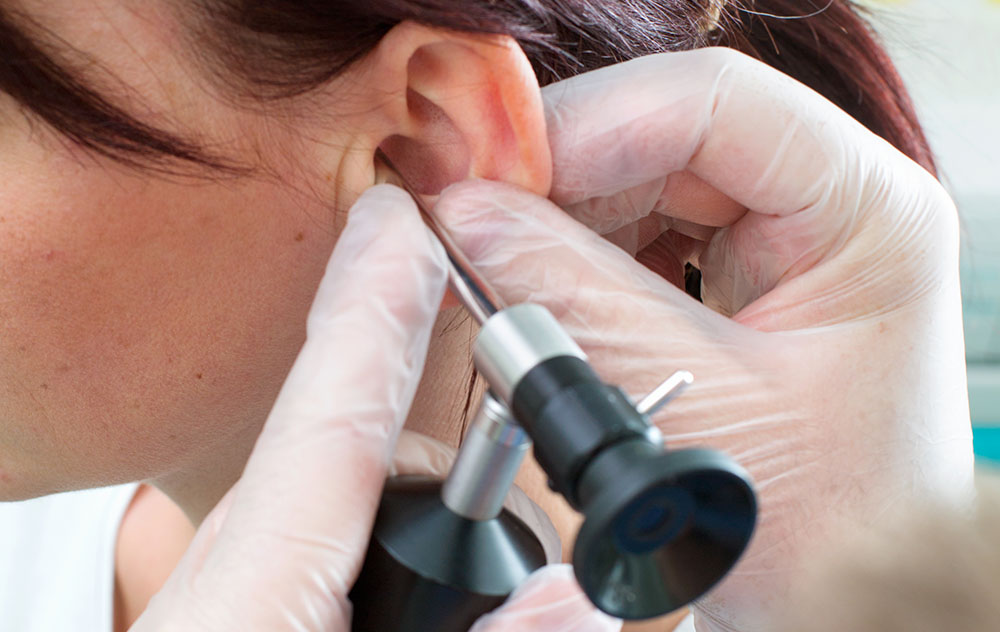What Musicians Should Know About Protecting Their Hearing
Have you ever wondered how musicians manage to keep their hearing sharp
Local: (512) 956-HEAR (4327)


Have you ever wondered how musicians manage to keep their hearing sharp

If you wear hearing aids and take part in swimming or other water

Have you ever noticed that even with hearing aids, following conversations